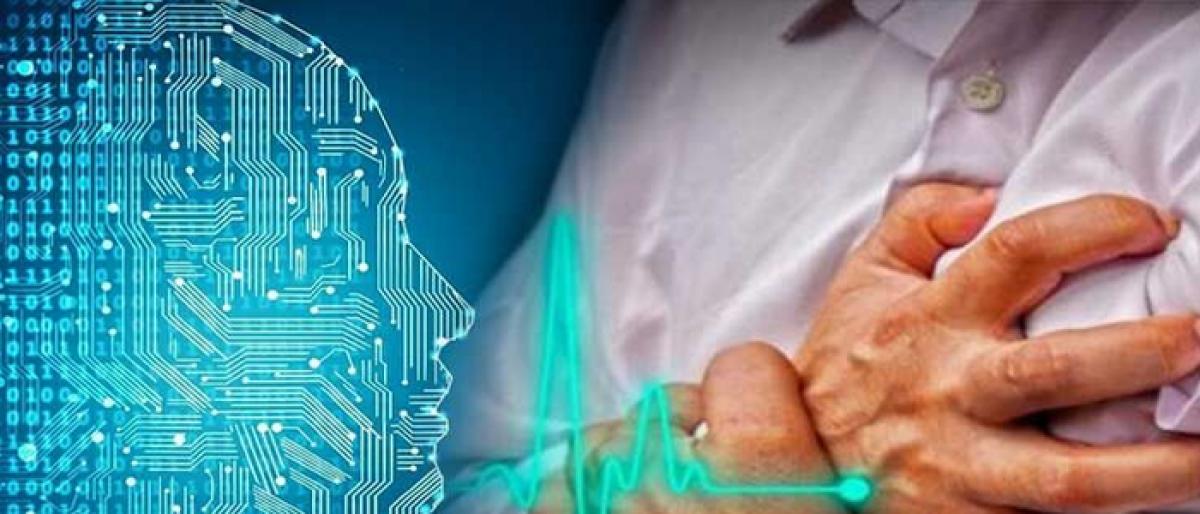Microsoft-Apollo AI model to predict heart disease risks

In a novel effort to predict the risk of cardiovascular disease CVD among the Indian population, Microsoft India and Apollo Hospitals on Friday launched the firstever Artificial Intelligence AIpowered heart disease risk score API application programme interface
New Delhi: In a novel effort to predict the risk of cardiovascular disease (CVD) among the Indian population, Microsoft India and Apollo Hospitals on Friday launched the first-ever Artificial Intelligence (AI)-powered heart disease risk score API (application programme interface).
Part of Microsoft's "AI Network for Healthcare" initiative, it will help doctors across the Apollo network of hospitals leverage the AI-powered API to predict risk of CVD and drive preventive cardiac care across the country. Nearly three million heart attacks happen in India every year and 30 million Indians suffer from coronary diseases.
However, even with various heart disease risk models available worldwide, doctors and cardiologists are unable to identify the probability of CVD in Indians.
"The AI-based models available worldwide were formed decades ago and are based on the western population. Our new API score is based on the data of 4,000 Indians shared by Apollo Hospitals and can easily identify the level of risk each patient has,", Microsoft India (R&D) MD Anil Bhansali said .
"We come in as a technology partner or expert in the AI domain, where we collaborate with healthcare providers and doctors to integrate data to help build the AI model," Bhansali added. Built on Microsoft's Cloud computing platform Azure, the new AI-based heart risk score helps gauge a patient's risk for heart disease and provides rich insights to doctors on treatment plans and early diagnosis.
The API score considers 21 risk factors including lifestyle attributes such as diet, tobacco and smoking preferences and physical activity as well as psychological stress and anxiety as reflected via rate of respiration, hypertension and systolic and diastolic blood pressure.
"The score categorises risk into high, moderate and minimal and also provides insights on the top modifiable risk contributors, thereby assisting physicians to consult patients in a more holistic way, while providing insights to patients for lifestyle modification and timely interventions," Bhansali elaborated.
When a patient goes for a cardio health check, the doctor can build up a more accurate cardio-vascular health profile of the patient based on Machine Learning (ML) of all their previous patient data. AI can, in turn, predict future coronary ailments the patient might experience in the next 10 to 20 years based on these multiple factors. "This heart risk score for Indian populace is a true example of how precision healthcare can accelerate prevention of cardio-vascular disease and reduce disease burden," Bhansali noted.









